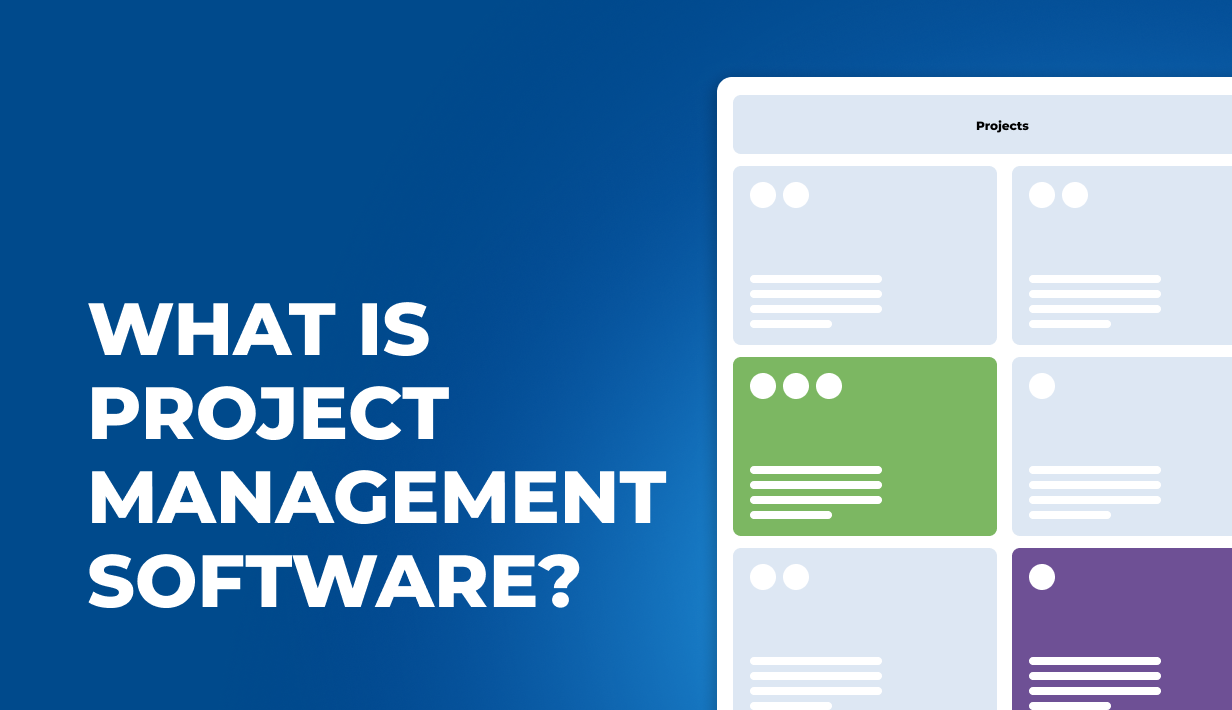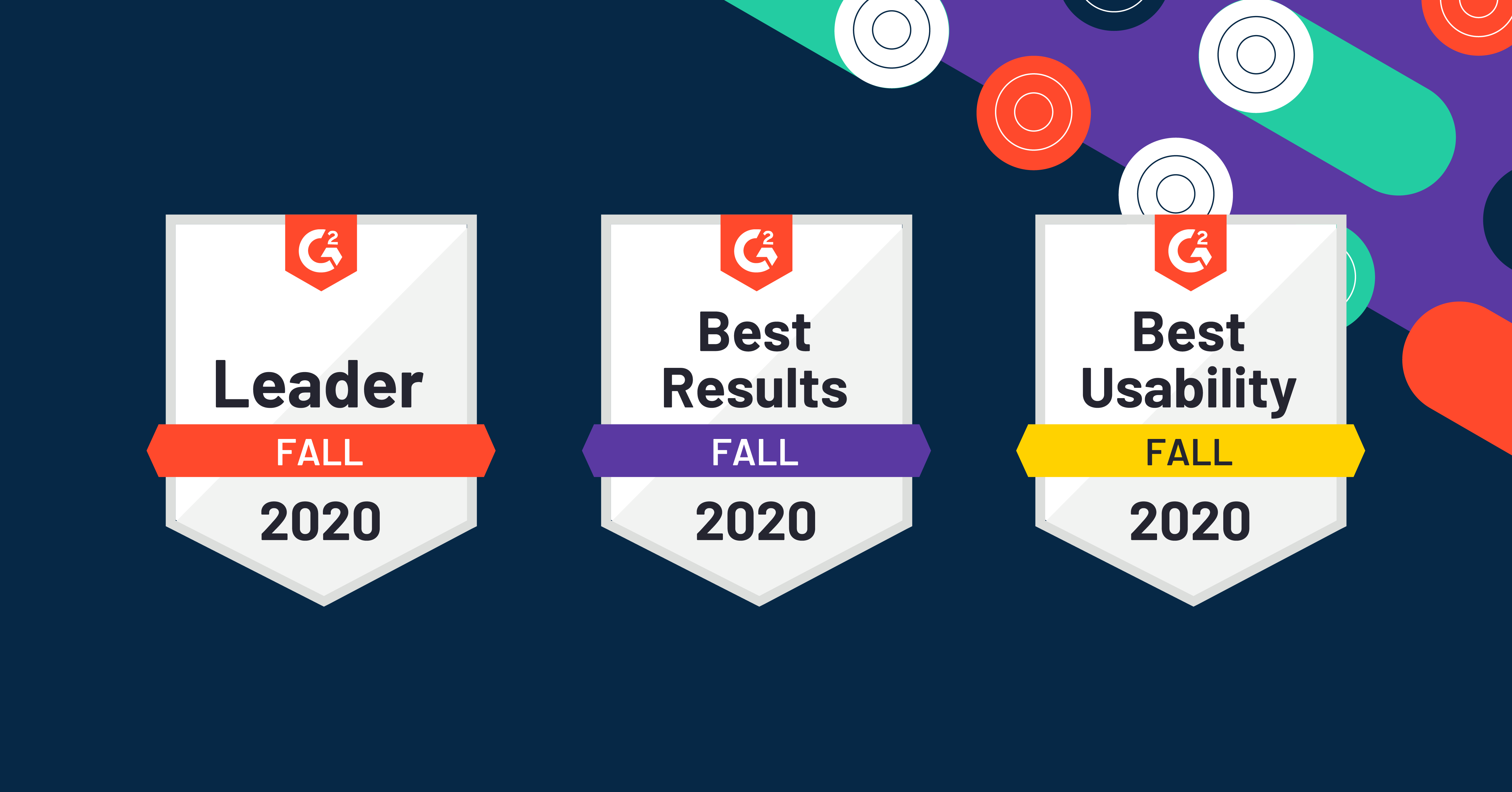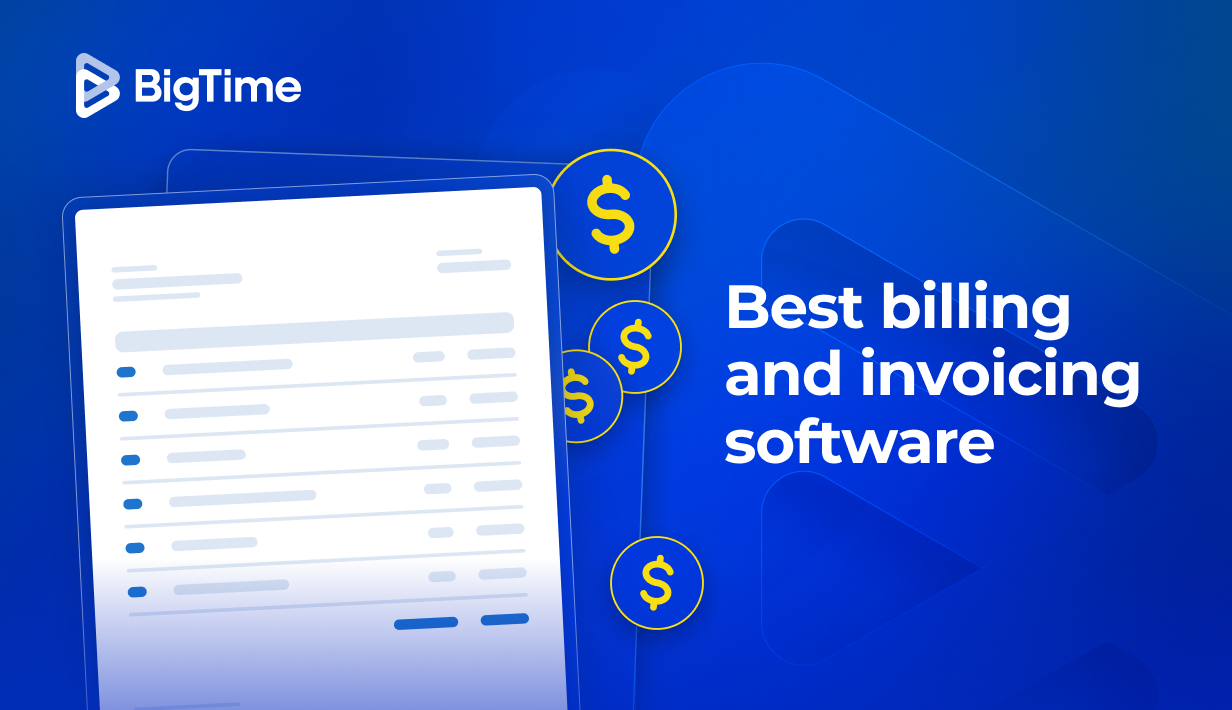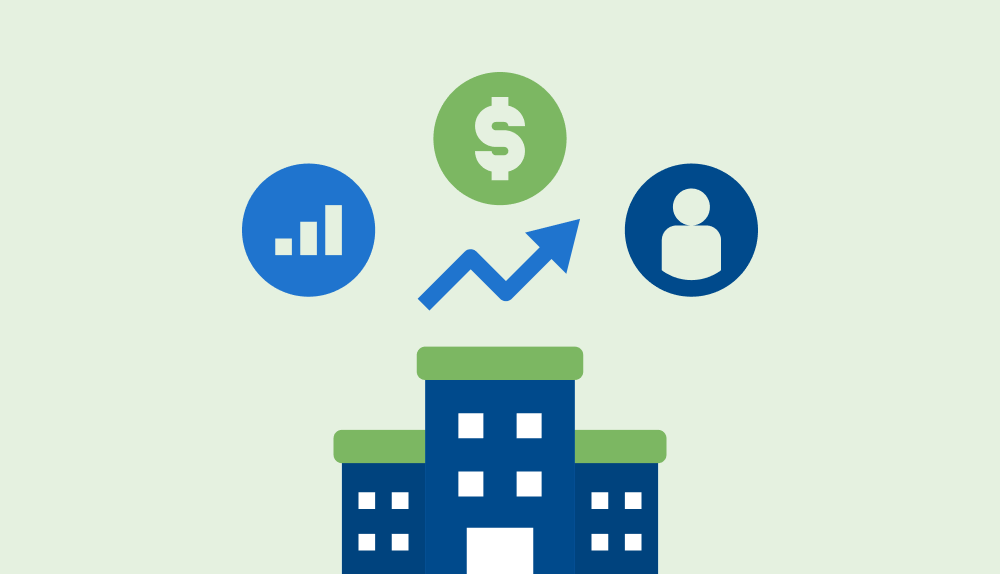For many companies, having a complete overview of their project portfolio without spreadsheets, fragmented emails and other loose threads is a very distant dream. With project management software, that dream can become a reality.
Leaving endless documentation behind is just one of the advantages of using project management tools. The benefits of such tools are endless – from thousands of hours of saved bench time, to almost 70% increase in productivity. Still, achieving such staggering results is not only the matter of having a project management software, but also knowing what to expect from it and making the right decisions. In this article, we’ll explore how to achieve that!
What Is Project Management Software?
Project management software is a digital tool that helps individuals and teams plan, organize, execute, and monitor projects efficiently. Still, the term is quite broad, as it encompasses both small tools capable of monitoring very simple projects to large systems designed to support large organizations with dozens of features.
What is the Main Goal of Project Management Tools?
Project management tools were designed to help managers enhance the efficiency, visibility, and control of project execution. Typically, the features in project management software allow them to improve resource allocation, create project budgets and plans, track project progress and ensure project success at every stage.
Ultimately, such tools help organizations deliver projects successfully—on time, within scope, and on budget—while improving accountability and client satisfaction.
Who Should Use Project Management Software?
Is your organization dealing with a project that requires time, resources, and a comprehensive overview of budget and work progress? Then project management software is for you!
In short, there are no restrictions to types of companies that can benefit from project management tools. However, typically they are more beneficial for service-oriented organizations managing resources and finances in multiple projects. For that reason, such tools are very commonly used in industries such as IT, accounting, consulting, construction, as well as in the legal sector.
Benefits of Using Project Management Solutions
But what are the benefits of project management software that justify such a huge change in managing projects, you might ask. There are dozens of reasons to do so; here are the most convincing of them.
Planning with Zero Errors
Overbooking, schedule conflicts and unexpected absences take a toll on your projects? With project management tools, they will no longer obstruct your project workflows.
Project management software helps project managers oversee all the allocations, as well as their constraints, such as time offs, resignations, and more. Some of them – including BigTime – also offer skill and certification management. As a result, they can help you find the best available specialists for the job without any risk of making an error in the assignments.
Improved Visibility and Team Collaboration
Creating a project plan affects not only your team, but also other managers and their operations. With project management tools, you can ensure you’re all on the same page. No need to check fragmented Excel spreadsheets; with designated tools, you can manage workloads with other managers without having to consult them whenever you make a change.
Additionally, you can also use project management tools to monitor project progress, analyze its key performance indicators and draw conclusions for future endeavors. You can also share all the necessary information with other managers to allow them to proactively manage project portfolios. With the right system, it just takes seconds.
Higher Success Rates (and Profits)
With better plans and a clear view of the entire project, it’s easier to track progress and identify issues before they affect the final outcomes. As a result, after the implementation of project management software, your success rates will likely improve – and so will the customer satisfaction rates.
What Are The Limitations of Project Management Software?
While some project management tools might offer dozens of features, some of them might still have some limitations. These, however, depend on the exact tool you choose to work with.
Typically, smaller project management tools might not offer any features supporting the portfolio management process, such as resource management and financial planning. They also rarely offer invoicing, payments and integrations that allow companies to centralize their information flow.
On the other hand, project management software designed for enterprises might not offer a view detailed enough for individual analysis of each operation. As a result, they might not be suitable for small businesses. Fortunately, there are also tools that can expand and scale with business, allowing you to work with the same systems for years – provided you made the right choice at the beginning of your journey with project management tools.,
Project Management Features Every Tool Must Have
Not all project management tools are created equal; some of them offer much more features than others, giving their users a significant advantage over their competitors. But what tools are an absolute backbone of project management? Below we’ll explore basic tools you must find in your project management software.
Quick and Simple Skill and Resource Management Features
Finding the right people who are available to work on your projects might sound simple. Still, the majority of the companies still struggle with schedule conflicts or incorrect assignments. With project management software, that can change.
Ideally, a project management tool should offer more than just simple resource allocations. The most advanced resource management tools should offer skill management, draft plans, scenario testing and time tracking to provide managers with a complete overview of all the work.
Gantt Charts with Drag-and-Drop Editing
Quick changes might not be quick after all if your system is overly complicated. The best project management tools allow you to edit plans in seconds with drag and drop allocations in Gantt charts and overbooking alerts for the entire project lifecycle. Additionally, the best tools in the category will also recalculate budgets and utilization rates every time you make a change – no manual work involved!
Collaboration Tools with Real-Time Updates
Minor edits can sometimes cause major problems – especially if other managers are unaware of the edits to plans, project goals and allocations. Fortunately, with project management software, that problem ceases to exist.
The best tools in this category offer real-time updates to project status, helping managers stay on top of all the single processes at all times and facilitating error-free risk management, as well as seamless communication. They also guarantee that only the right team members see the most sensitive information. With tools such as access levels and customizable roles all the information is accessible for those who really need it. No security breaches included!
Advanced Reporting and Project Tracking
Tired of filling Excel spreadsheets with data and editing them every day? The perfect project management software should do that for you. The state-of-the-art tools in this category can aggregate the information on allocations, project progress, project costs, invoices, and more, to relieve project managers of their burden of creating their reports manually. Some tools – including BigTime – can also create customized reports or use AI to help you get the answers to the most pressing questions in just seconds.
Comprehensive Financial Features
What is a point of a project without its profits?
Effective project management software ensures that your project management is not limited to task assignment. It should also be able to monitor all the project expenses, including wages and overhead costs, such as software, hardware, external consultants, field work, and more. Without such overview, the actual project outcomes might remain a mystery until the very end of the project – and that’s a moment when budget management is no longer an option.
Scalable Project Planning
Project scheduling for a single project is simple. Still, monitoring and executing projects for dozens of different customers is a whole other story – one that traditional project management tool might not be able to tell you.
The perfect project tracking software allows you to do more than just assign tasks and manage task dependencies. They also enable project managers to monitor and manage the entire project portfolio regardless of its size, and monitor it from the bird’s eye view, and not necessarily the task level. For that reason, choosing a simple task management software is not a good option for the companies aiming to grow; instead, they should ensure their project management process will grow with their tools.
Endless Integration Possibilities
Does the accounting department need a new tool? Or maybe Jira time tracking is already a part of your digital workflow? With the right project management software, you do not need to eliminate all the other tools – instead, you can add them to your new solution to create a single source of truth for all the processes. If your business aims to scale and expand, integrations are definitely the features you should look for!
How to Choose The Best Project Management Software For Your Business?
To choose the best project management software for your business, you need to focus not only on the current needs of your organization, but also on its future plans and goals. With priorities shifting and markets changing, taking a sneak peek at the potential needs of your business in months and years to come will save you and your organization from changing the tools every few months.
Here’s a detailed guide on how to choose the best project management tools once and for all.
Identify Business Requirements
Before jumping into the endless pool of potential software management tools, you need to answer one simple question: what do you need them to do? To do so, project managers need to consider factors such as:
- Project delivery models (e.g. time and materials, fixed price and retainers). The best project management tools should support all of these models and allow for further customization.
- Team structure. Some solutions might only suit companies with fixed teams and full-time allocations. Ideally, project management tools should facilitate all types of contracts and assignments.
- Feature needs. Are you looking for an all-in-one solution with resource management, invoicing and more, or are you interested in project management only? Identify the features that you’ll need over the next few years to ensure your tool grows with your business.
Evaluate Key Features
If you already have a list of requirements a potential software needs to fulfil, you can now analyze the tools available on the market.
When analyzing features, remember to regularly compare them against your team’s and company’s goals and processes to ensure your final choice will be tailored to your needs. Otherwise, you might need to go through the process again after spending some time with an incorrect solution!
Evaluate Security, Scalability and Support Options
Features are not the only thing that make or break a project management tool. While conducting an analysis, you also need to evaluate the tool’s:
Scalability
Companies grow and expand, and so do their needs. Ensure that your tool can follow in your footsteps with more clients, projects and employees to avoid the next search for new solutions in just a few months.
Security
In project management tools, having SOC and ISO certifications is a minimum requirement. The best project management software should also offer role-based permissions, safe sharing, as well as data backup and safety features. By verifying the tool’s data security procedures, you ensure that your data stays safe and your projects won’t be compromised by leaks from a reportedly unknown source.
Support
Project management software tends to contain dozens of advanced features. While they themselves are a huge advantage, they are nothing without extensive support on the provider’s side. After all, what’s a feature if no one can explain how it works?
Outstanding support is also invaluable in an emergency. With a responsive team on the provider’s side, you do not have to worry about temporary technical issues and recurring errors; they will be solved before you refresh the page.
Conduct Cost-Benefit Analysis
Since you should now have a list of tools, it’s time to compare their capabilities with their prices.
Of course, the price tag on a single user account is not the only thing you need to take into consideration at this stage of the process. To ensure that implementing a particular project management software is the right choice for you, you should also calculate:
- The cost of the entire subscription for all the intended users.
- The total cost of ownership with the whole implementation process, training, upgrades, integrations, and more.
- The Return on Investment in terms of efficiency, revenue capture, and client satisfaction.
Compare Project Management Software and Make Your Choice
Having considered all of the critical factors, you should have everything you need to choose the best and the most cost effective project management tool on the market. The best pick will align with your service delivery goals, enhance team efficiency, and improve profitability.
Remember to conduct trials, solicit feedback from stakeholders, and analyze performance before finalizing your decision and signing the contract!
Looking For The Best Project Management Tool? Try BigTime!
But which project management software is the best?
The answer to that question is simple: the one that helps you grow your business and then grows with it without forcing you to look for additional solutions every other month.
BigTime is one of such solutions!
With a comprehensive approach to project management even for the most complex projects, BigTime offers everything you need to manage your operations now and for the years to come, with fixed and flexible teams, for all billing types (international currencies included!) and without steep learning curve.
An example of a project budget in BigTime
Additionally, BigTime doesn’t separate your projects from their environment. Our all-in-one solution also offers advanced task management features, resource management, project budgeting, invoicing and payments, streamlining the entire management process. As a result, BigTime’s project management platform is the only source of truth all the managers will ever need to make perfect decisions – every time.
Try BigTime yourself and see its full potential. Book a demo with our advisors to see real examples of how you can make the most of your data and ensure the success of every project with our project management technology.




